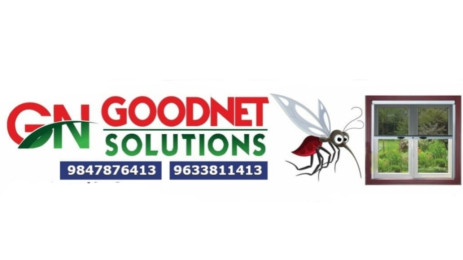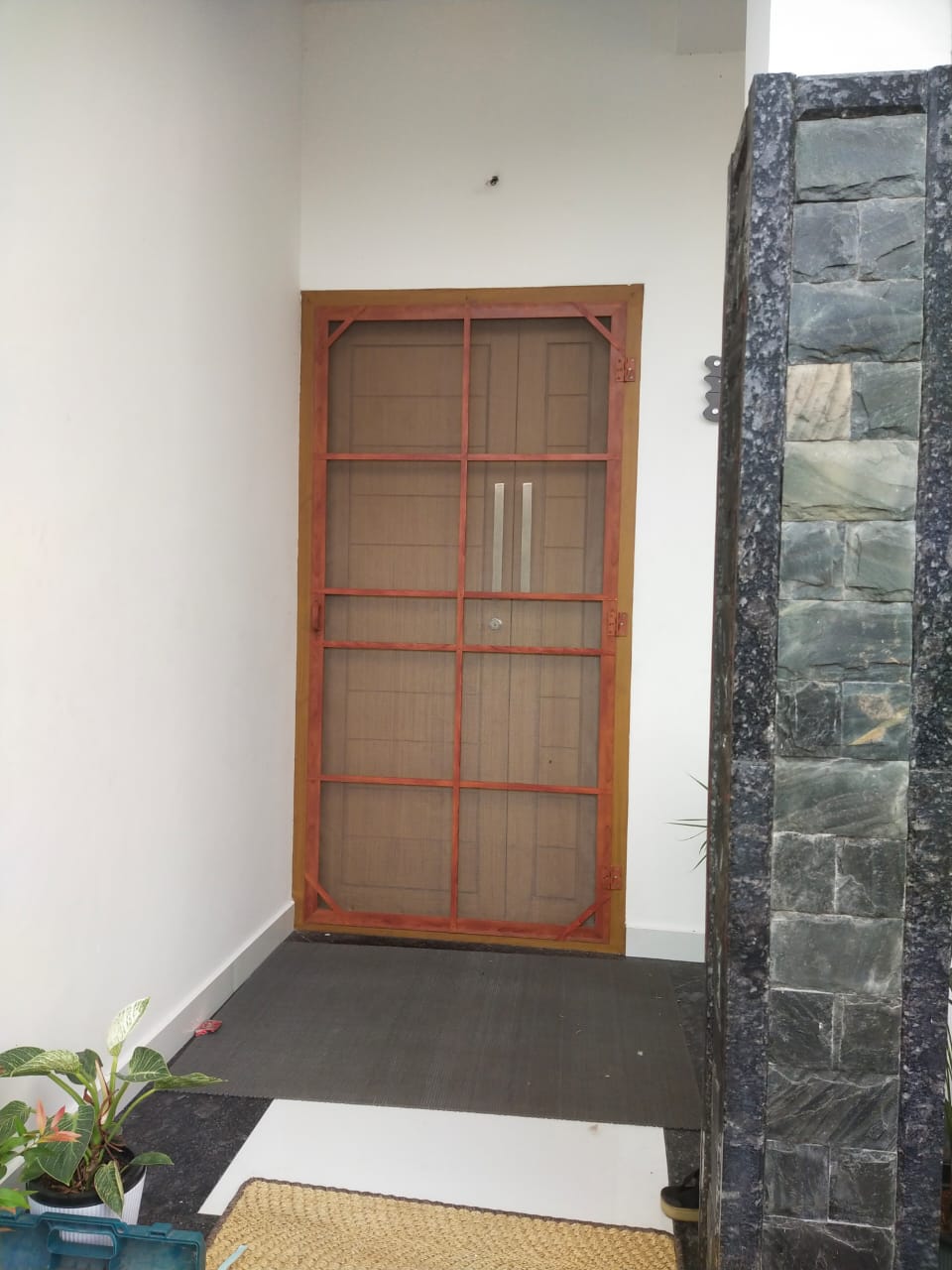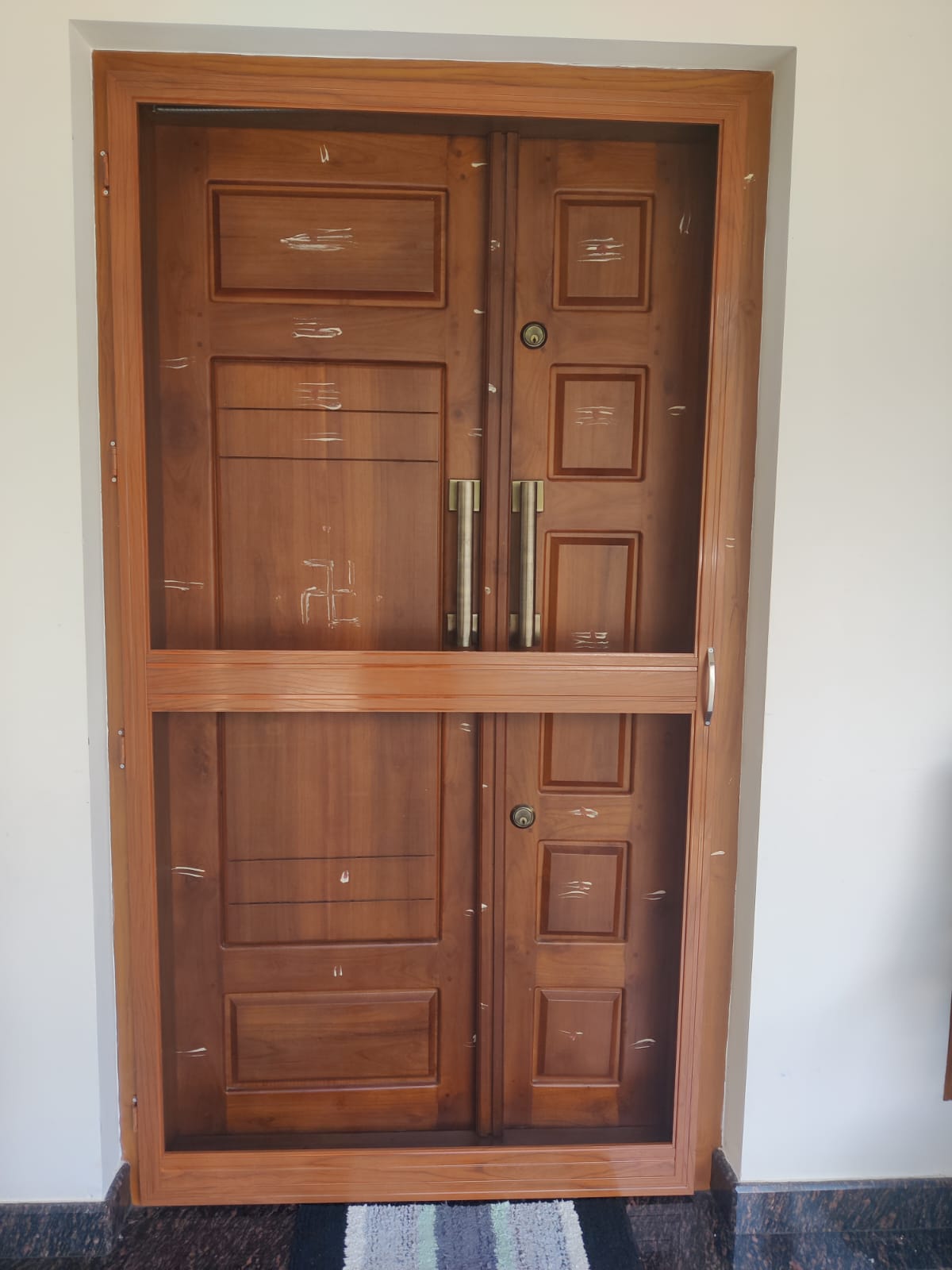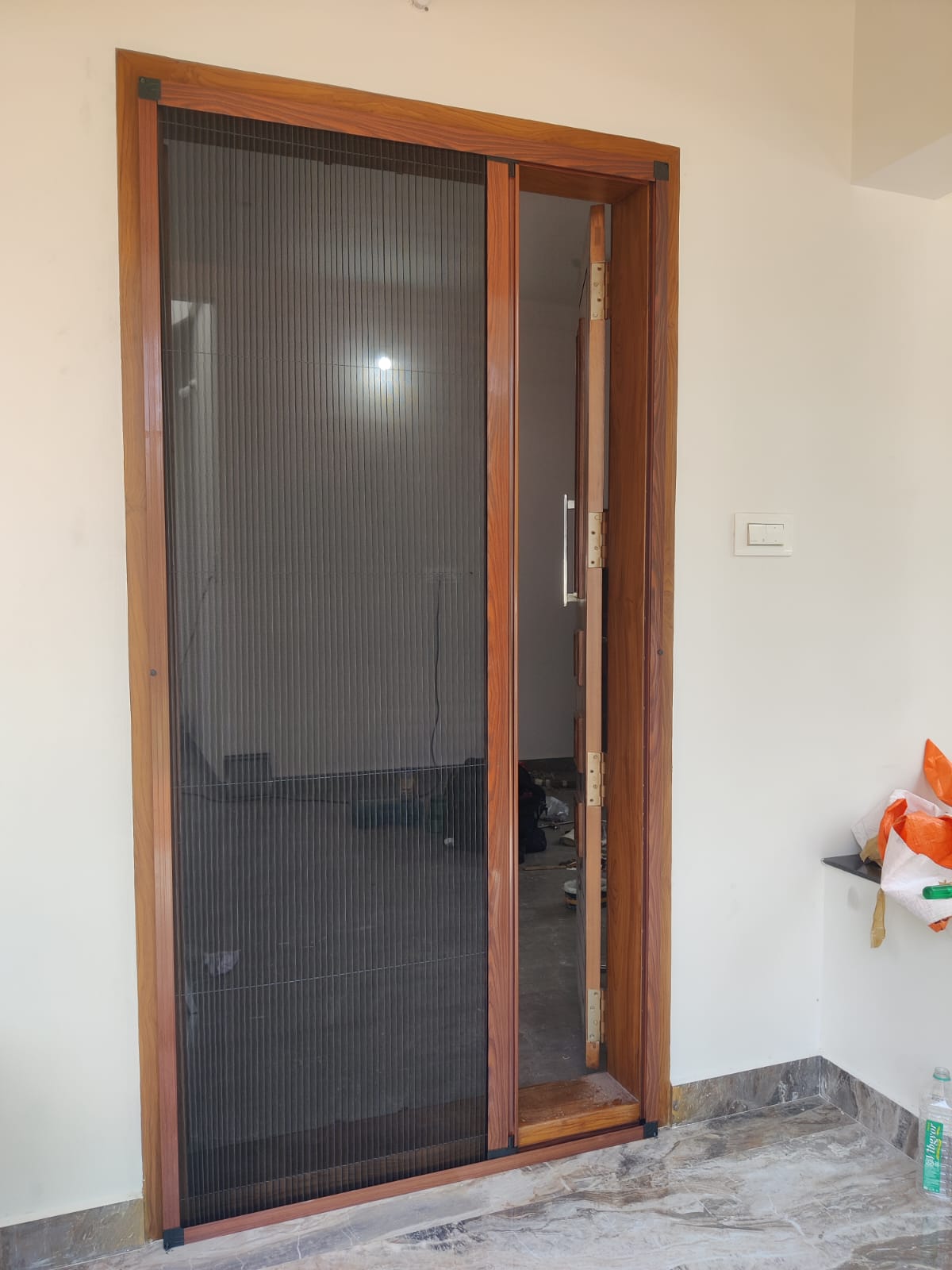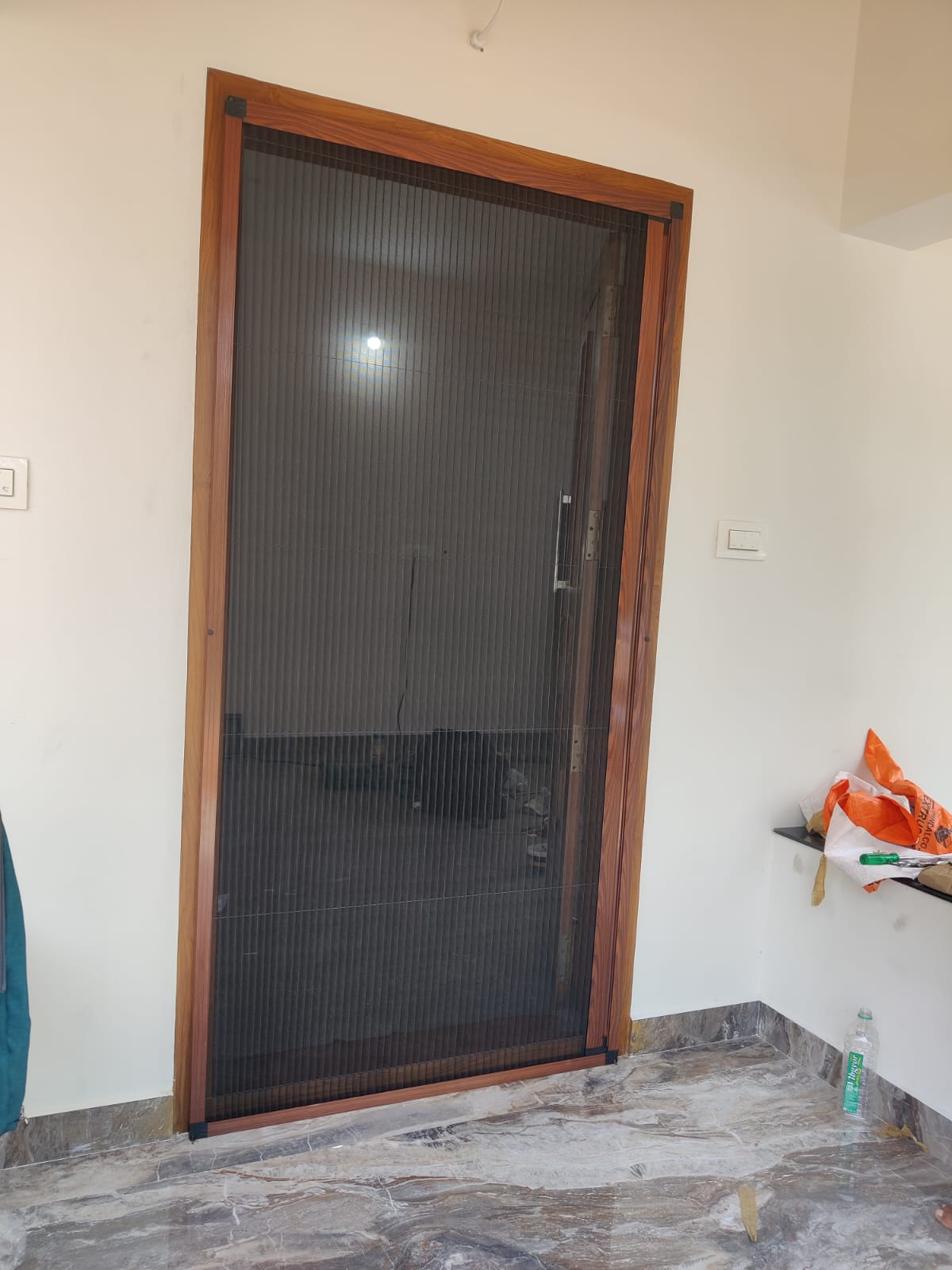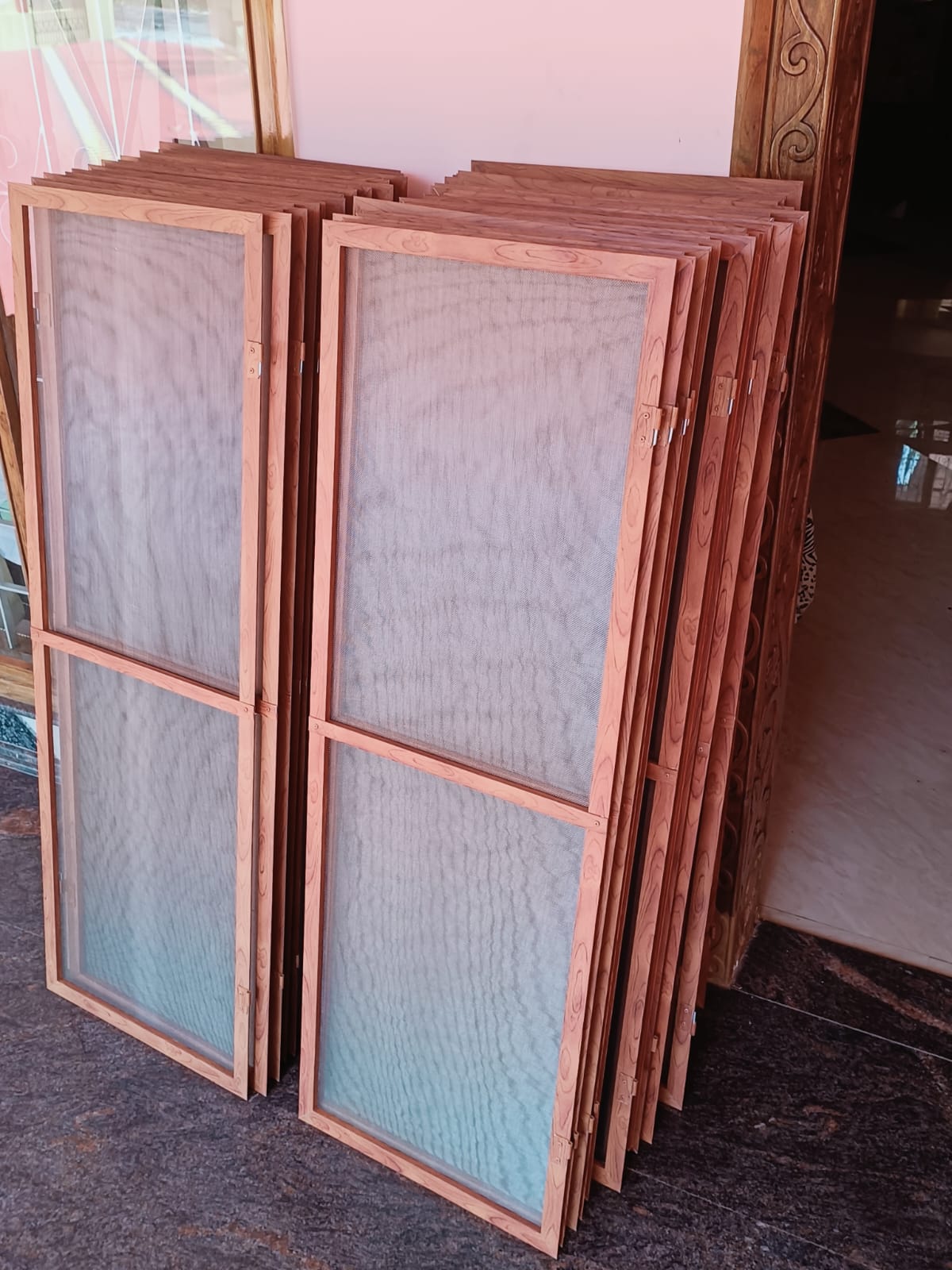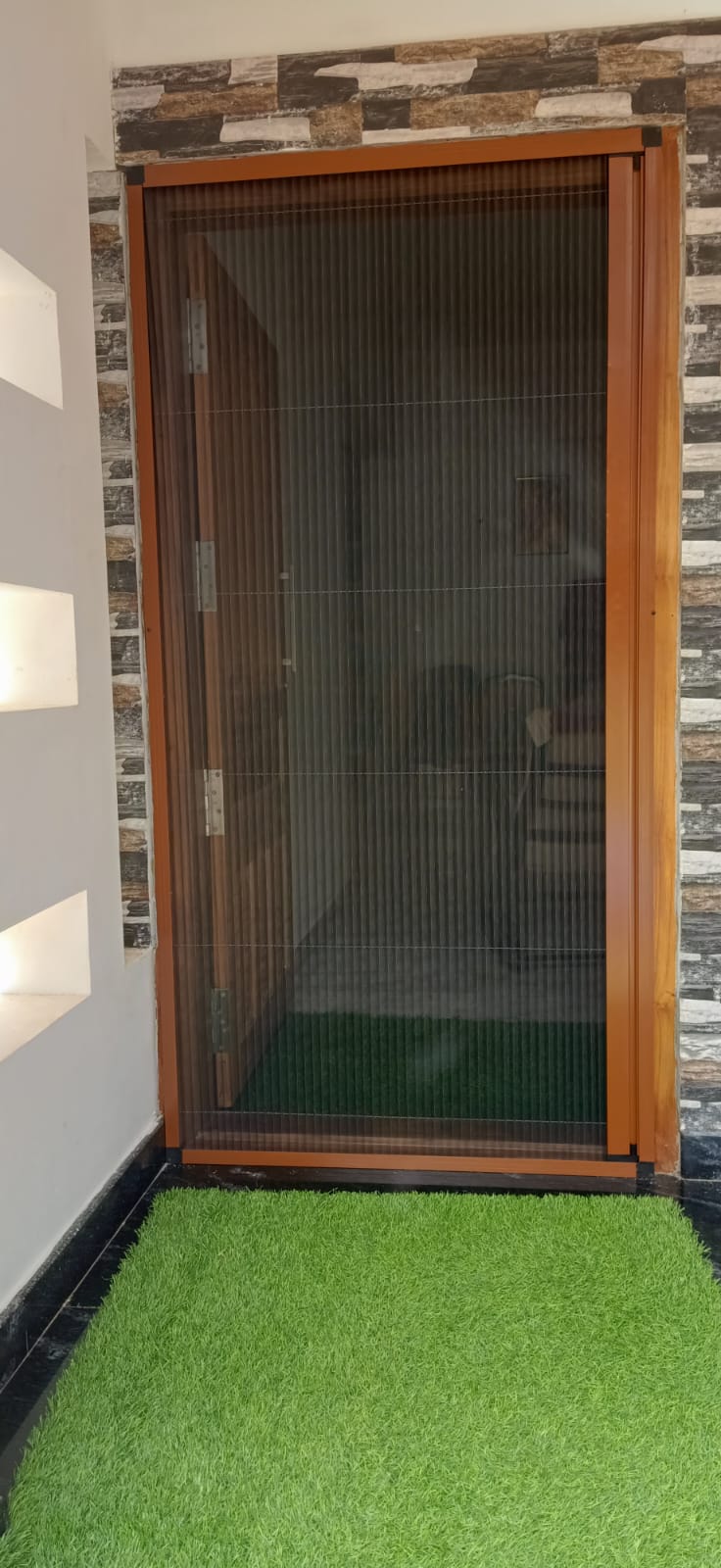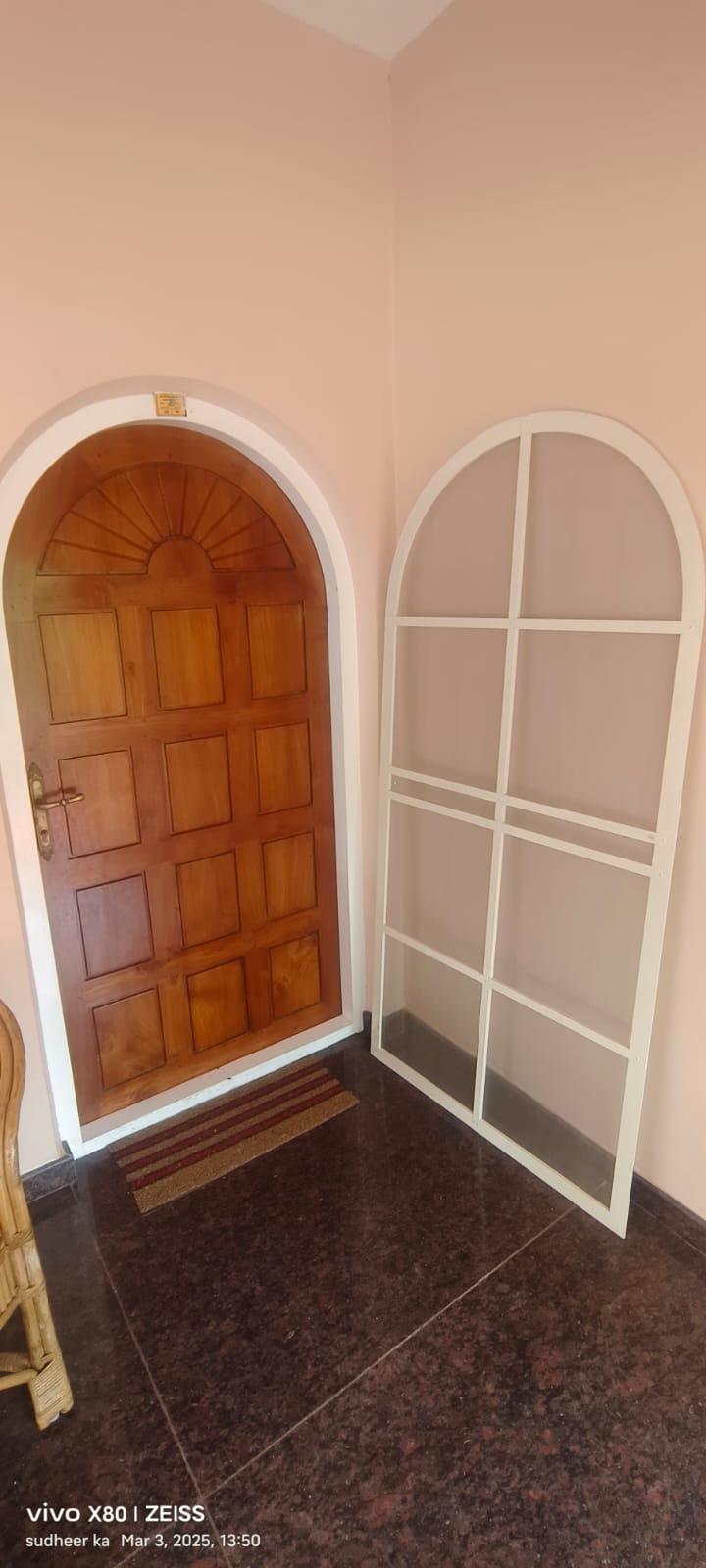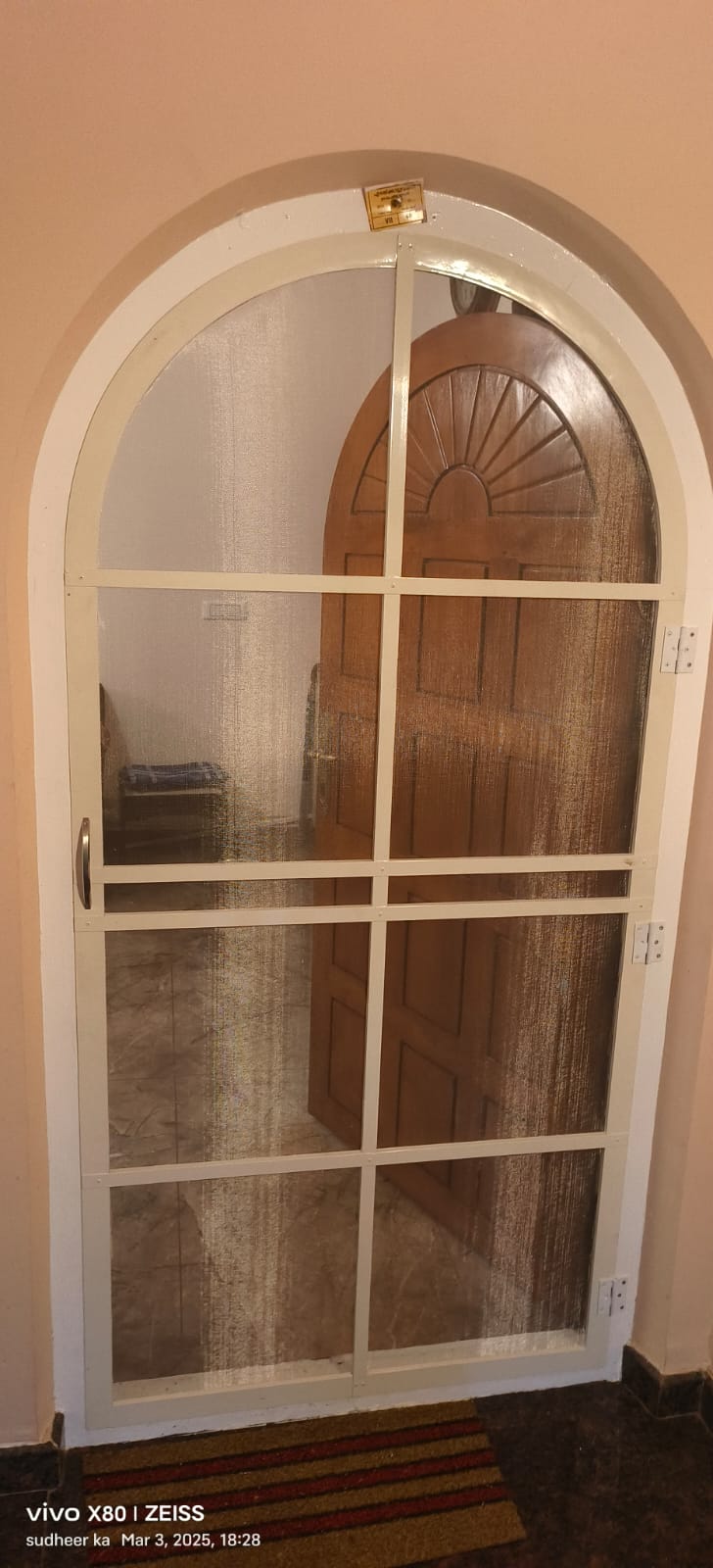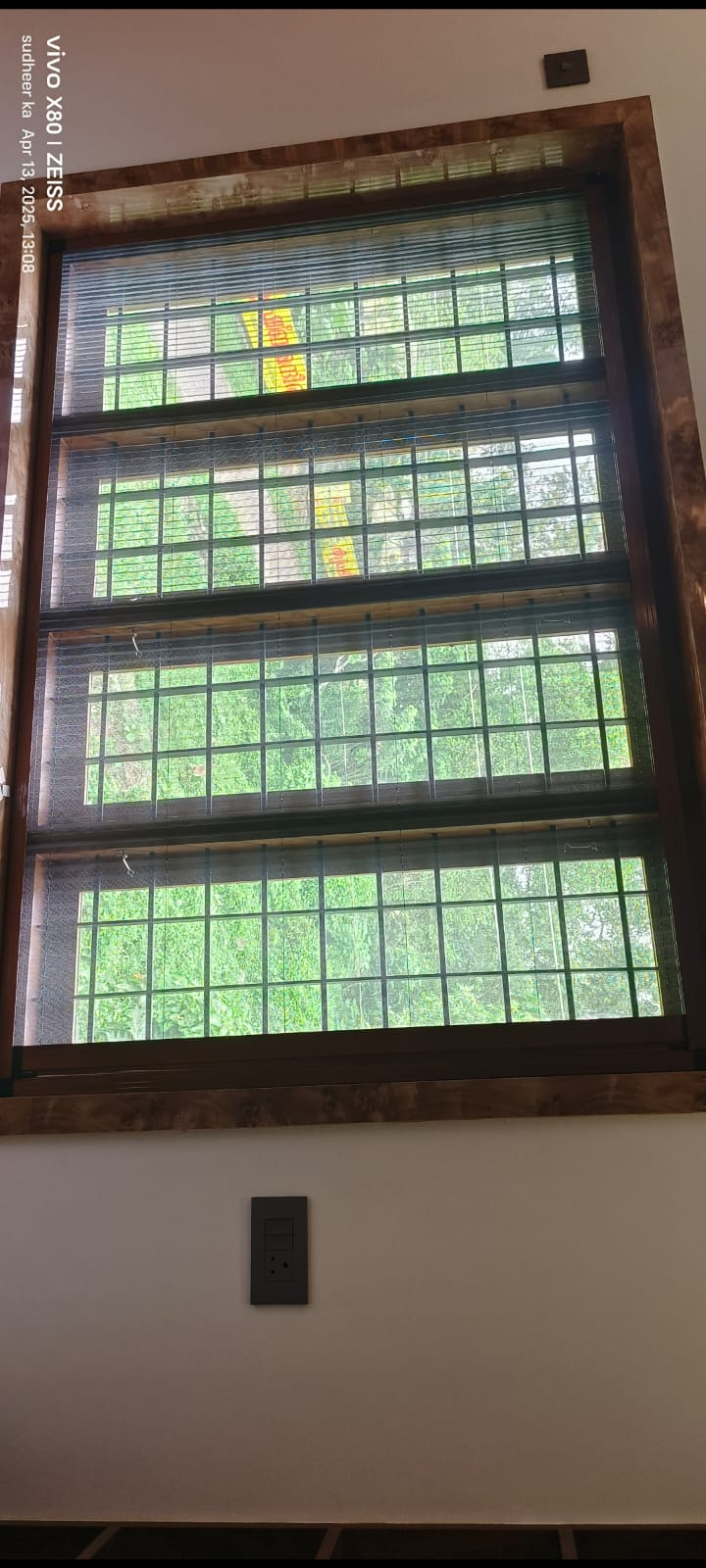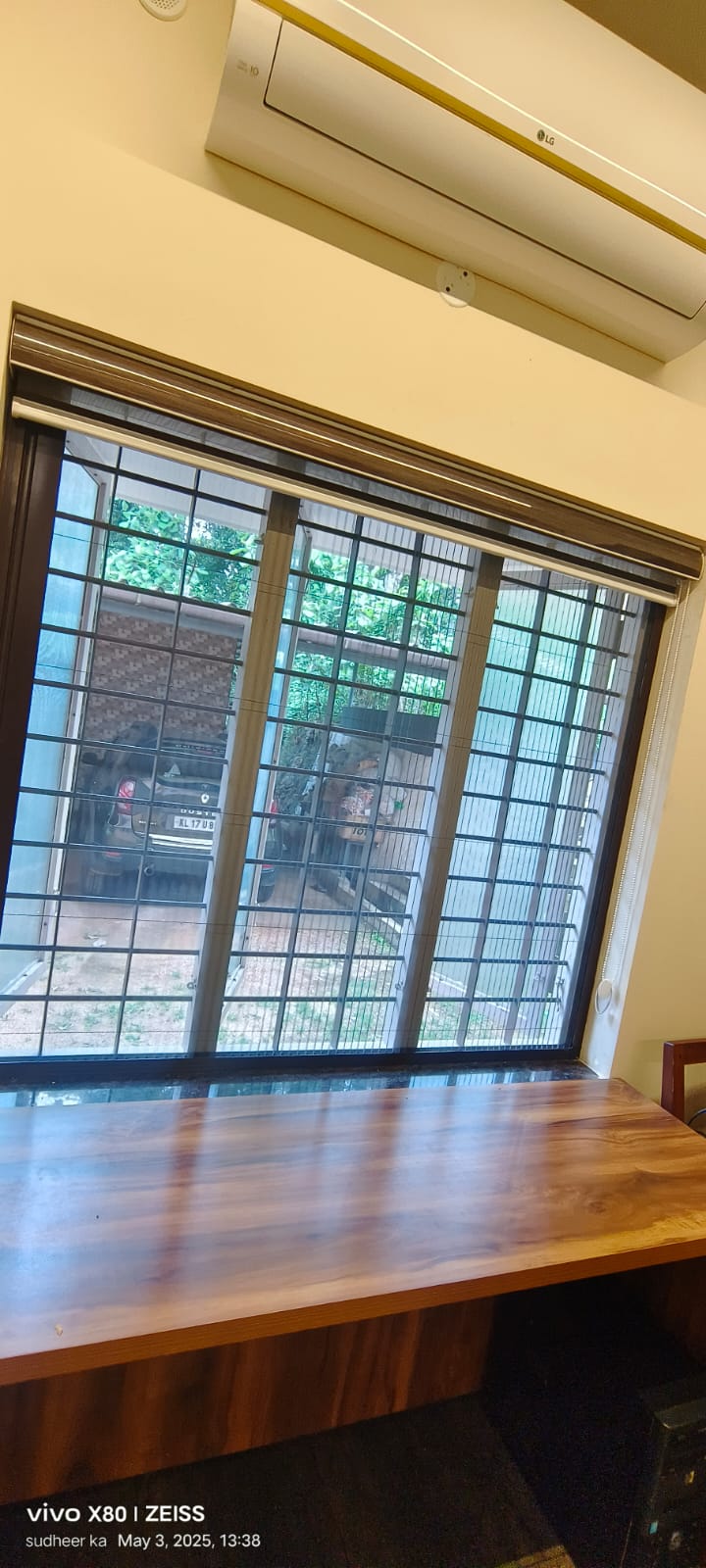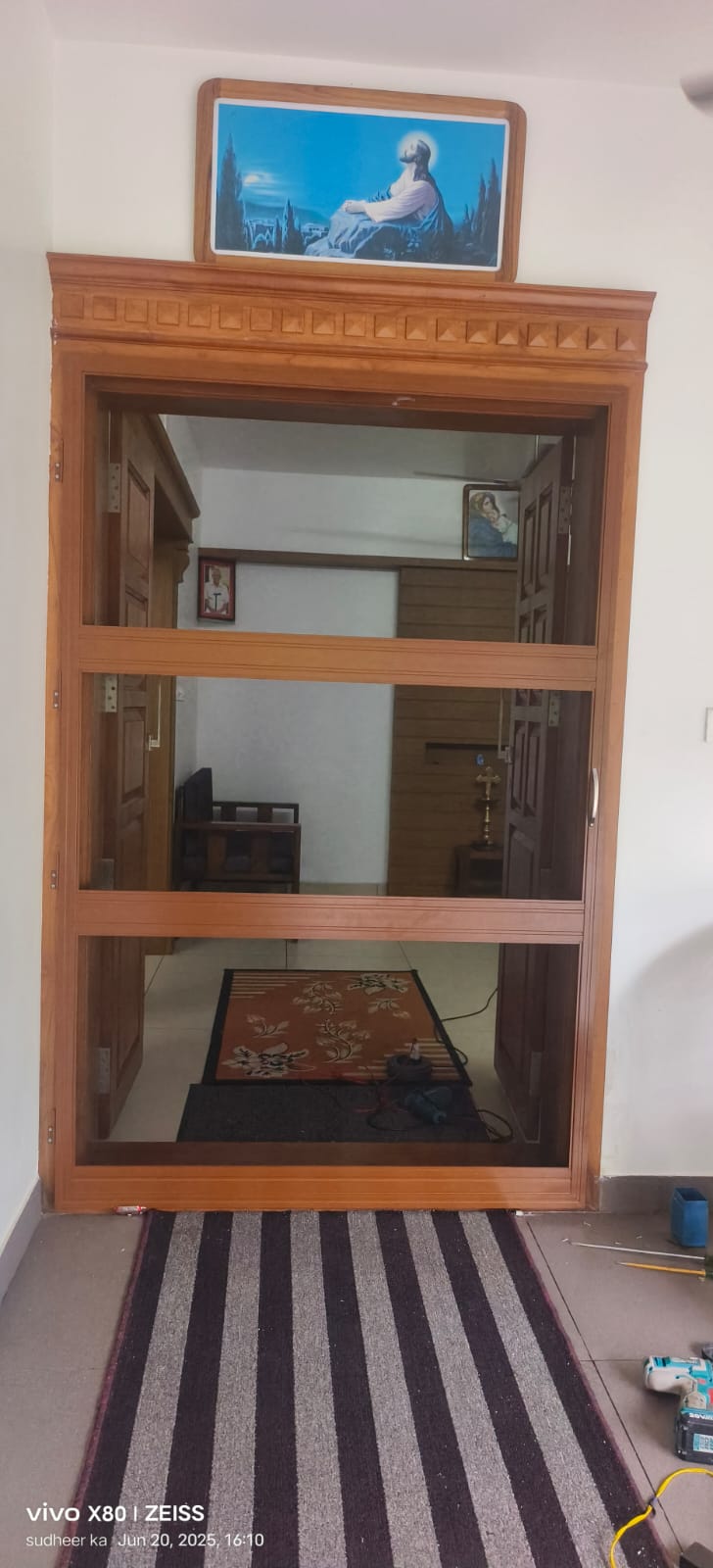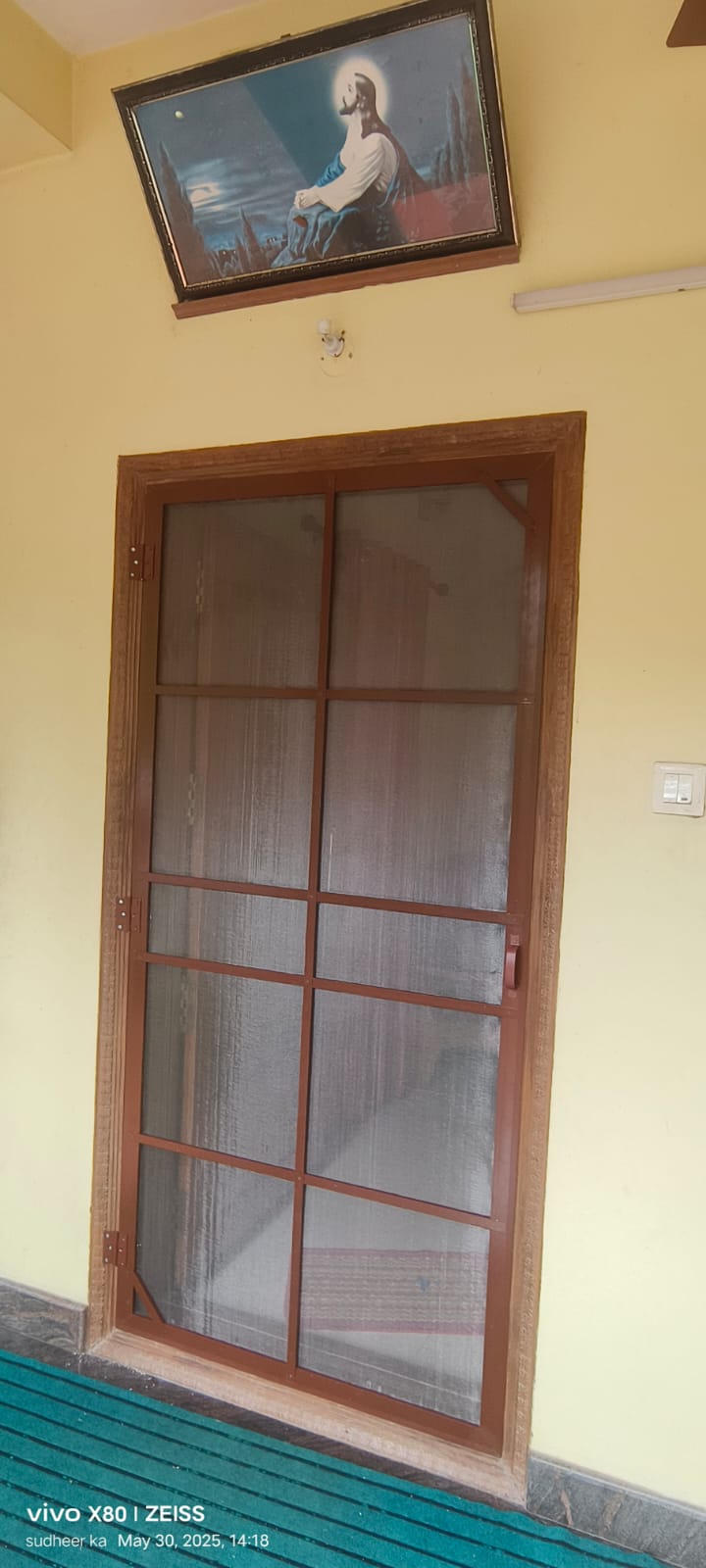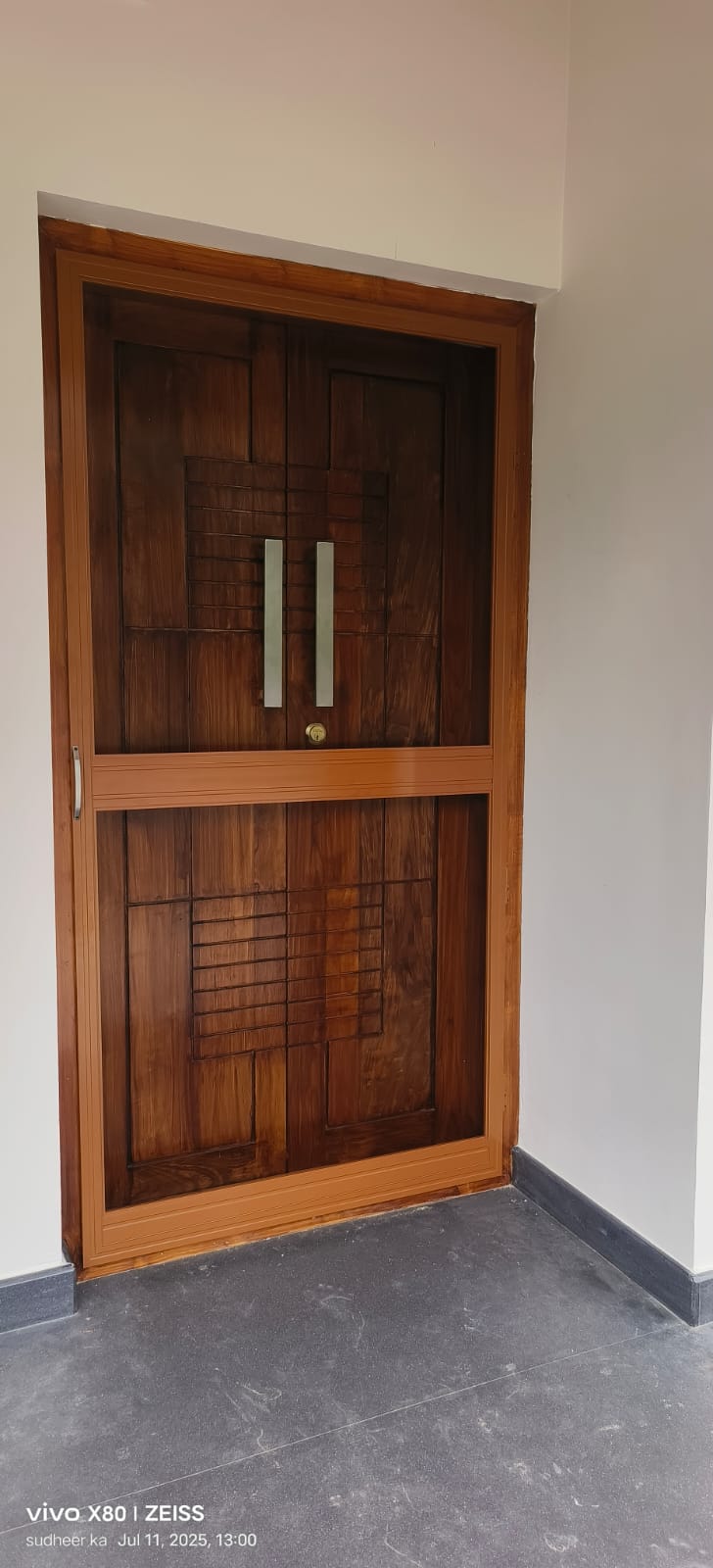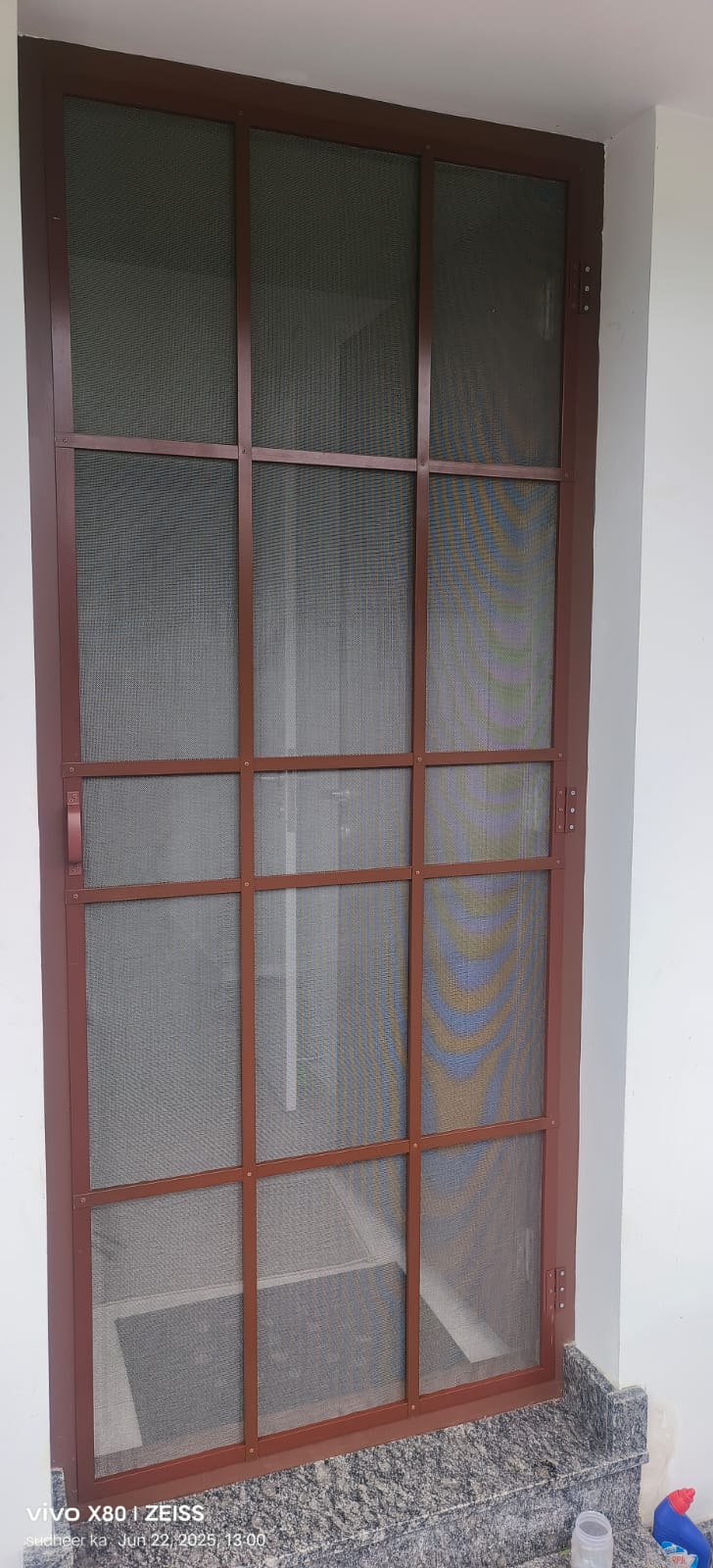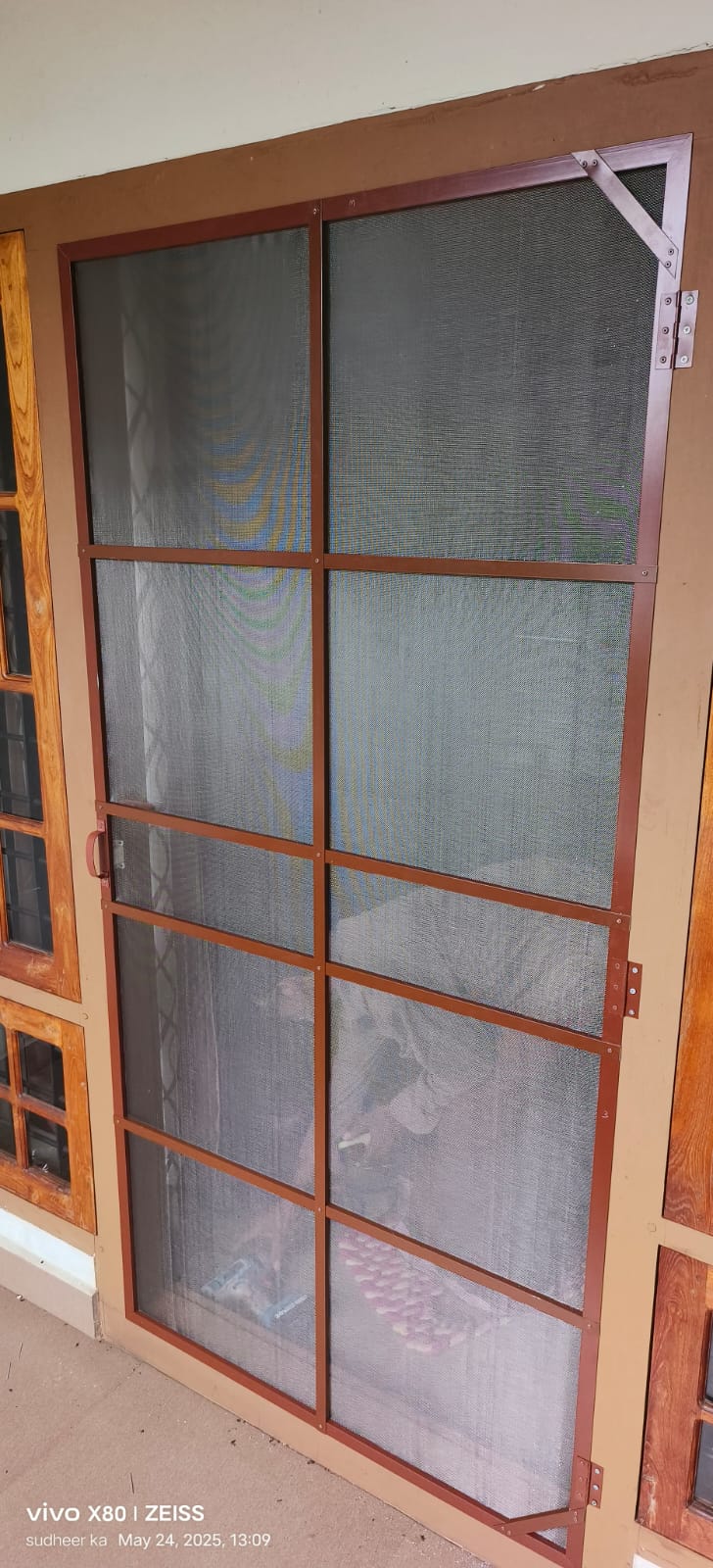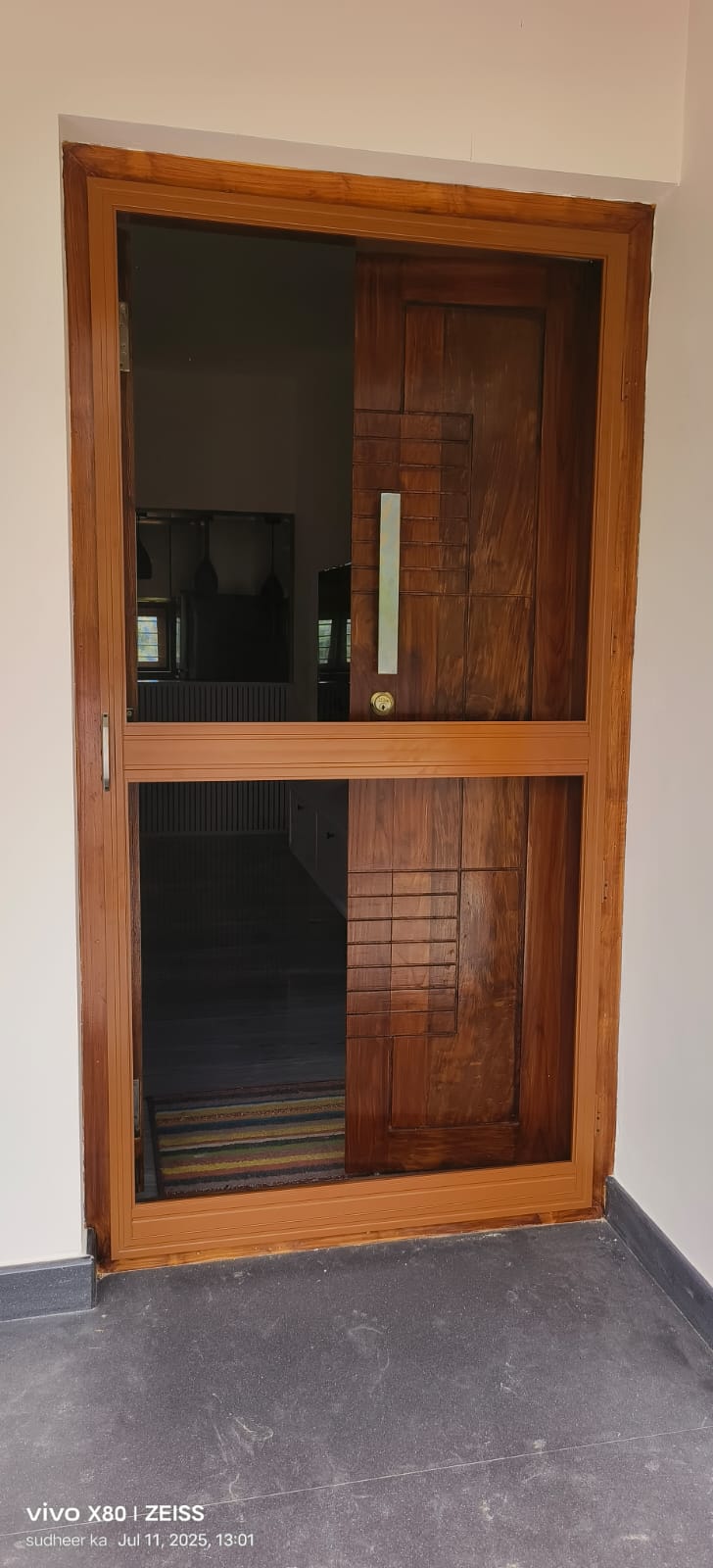🦟 GOODNET SOLUTIONS – Expert Mosquito Net Dealers in Arayankavu, Ernakulam
🏢 Business Overview
GOODNET SOLUTIONS is a trusted name in the field of Mosquito Net Dealers, located on Kottayam Road, Arayankavu, Ernakulam, right near Bajaj Two Wheelers. Since its establishment in 2012, the company has been at the forefront of delivering durable and effective mosquito net solutions for homes, offices, and commercial spaces across the region. With a strong emphasis on quality and customer satisfaction, GOODNET SOLUTIONS offers timely and professional services every day from 9:00 AM to 6:00 PM.
In a tropical region like Kerala, where mosquito-related health risks are a concern year-round, GOODNET SOLUTIONS provides peace of mind through a variety of mosquito net products tailored to different structures and lifestyle needs. Their goal is simple—help families and businesses create healthier, mosquito-free environments without compromising comfort or airflow.
🛡️ Credibility and Trust Since 2012
Over the past decade, GOODNET SOLUTIONS has earned the confidence of thousands of customers in Arayankavu and across Ernakulam. Their success lies in consistent service quality, skilled installation, competitive pricing, and customer-focused communication. Every product is crafted using high-grade materials, ensuring durability and long-term performance even in Kerala’s humid climate.
What truly sets GOODNET SOLUTIONS apart is their commitment to customer satisfaction. Each project—whether a single room installation or full villa coverage—is handled with precision and care. Their experienced technicians ensure every net is custom-fit and installed professionally, with minimal disruption to your space. This dedication has made them one of the most recommended mosquito net dealers in the region.
🧰 Products and Services Offered
GOODNET SOLUTIONS provides a comprehensive range of mosquito netting products and services that cater to the diverse needs of residential and commercial customers:
-
🪟 Mosquito Net for Windows – Perfectly fitted nets for all types of windows, allowing fresh air in while keeping insects out.
-
🚪 Mosquito Net for Doors – High-quality nets suitable for front doors, balcony entrances, and kitchen access doors.
-
🌬️ Mosquito Net for Airholes – Specialized mesh for covering small ventilation holes and bathroom air vents.
-
🖼️ Aluminium Frame Mosquito Net – Sturdy and aesthetic frame-based mosquito nets that offer easy usage and long-lasting protection.
-
📏 Mosquito Net Screen – Flexible mesh screens available in various grades and sizes, customized to suit your exact requirements.
-
🦟 General Mosquito Net Installation – Full-service measurement, customization, and professional installation for homes, apartments, offices, and buildings.
All products are made from durable materials like fiberglass or polyester mesh and come with corrosion-resistant fittings. GOODNET SOLUTIONS ensures each solution is functional, elegant, and easy to maintain.
📍 Location Overview
GOODNET SOLUTIONS operates from a well-located office on Kottayam Road, Arayankavu, Ernakulam, just near Bajaj Two Wheelers, a familiar landmark in the locality. This prime spot allows easy access for customers from across Arayankavu and neighboring areas, making it convenient to visit the showroom or arrange home consultations.
Arayankavu is a growing residential zone with a mix of villas, apartments, and independent homes—making it an ideal service area for mosquito net installations. The local presence of GOODNET SOLUTIONS ensures prompt response times, timely site visits, and dedicated after-sales support for all customers in and around Ernakulam.
💬 Customer Testimonials
Rohit M., Arayankavu, Ernakulam
"We recently installed aluminium frame mosquito nets on all our doors and windows through GOODNET SOLUTIONS. Their service was excellent—quick, neat, and very professional. Totally mosquito-free now!"
Sreelakshmi N., Ernakulam
"I got mosquito net screens for our bedroom windows and kitchen airholes. The quality is great, and the pricing was reasonable. The team arrived on time and did a perfect job. Highly satisfied!"
❓Frequently Asked Questions – GOODNET SOLUTIONS, Arayankavu, Ernakulam
1. Do you provide mosquito net installation in Arayankavu, Ernakulam?
Yes, GOODNET SOLUTIONS offers full mosquito net installation services throughout Arayankavu and nearby areas in Ernakulam.
2. Can I get mosquito nets for my windows only?
Absolutely. We specialize in custom-fit mosquito nets for windows, available in multiple designs and mesh grades to suit your needs.
3. What types of doors can be fitted with mosquito nets?
We provide mosquito nets for all door types, including main doors, balcony doors, and sliding doors. Options are available in frame-based and magnetic styles.
4. Do you install mosquito nets for small airholes or vents?
Yes. We offer mosquito net solutions for airholes, perfect for bathrooms, kitchens, and utility areas where small vents are common.
5. How durable are aluminium frame mosquito nets in Kerala’s climate?
Our aluminium frame mosquito nets are corrosion-resistant and built to withstand humid and rainy conditions in Kerala, offering long-lasting protection.
6. What materials are used in your mosquito net screens?
We use high-quality fiberglass and polyester mesh, designed for visibility, airflow, and durability.
7. What are your working hours for bookings and service?
We are open daily from 9:00 AM to 6:00 PM. You can visit our showroom or call us to schedule a consultation.
8. Where exactly is your office located in Arayankavu?
Our head office is on Kottayam Road, Arayankavu, Ernakulam, located near Bajaj Two Wheelers, easily accessible for walk-in customers.
